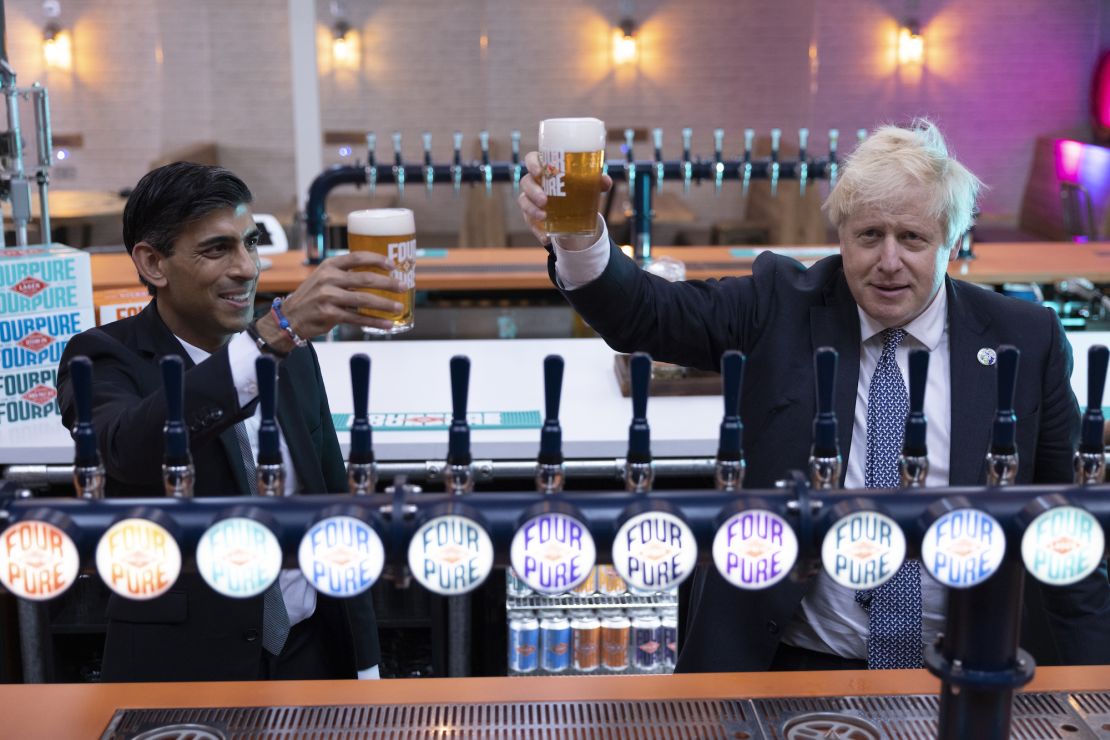This article is more than
8 year oldMPs to vote on Trident nuclear weapons system renewal
In her first statement to parliament as prime minister, Theresa May will say it would be a "gross irresponsibility" for the UK to abandon its nuclear weapons.
Labour is split, with Jeremy Corbyn opposing renewal but the party's MPs will get a free vote on the issue.
The SNP - which will oppose Trident renewal - had urged the vote to be delayed to allow "proper scrutiny".
The vote will decide whether to press ahead with the manufacture of the next generation of nuclear submarines.
Mrs May will emphasise her strong commitment to the plan, saying: "We cannot abandon our ultimate safeguard out of misplaced idealism. That would be a reckless gamble."
"The nuclear threat has not gone away, if anything, it has increased," she will add.
During the race to become the next Conservative leader, she pledged to make a "strong defence an important priority".
"In the face of such strong evidence, it would be sheer madness to contemplate even for a moment giving up Britain's independent nuclear deterrent," she said.
She added that it would show Britain was "committed" to working with Nato allies after voting for Brexit.
BBC political correspondent Chris Mason said the government was "expected to comfortably win the vote". He said it is not technically necessary to authorise the replacement but the government believes "giving parliament a say is important".
What is Trident for?

The Royal Navy's nuclear submarine - HMS Vanguard - is 150 metres long
Since 1969, according to government documents, a British submarine carrying nuclear weapons has always been on patrol, gliding silently beneath the waves, somewhere in the world's oceans.
The logic is to deter a nuclear attack on the UK because, even if the nation's conventional defence capabilities were destroyed, the silent submarine would still be able to launch a catastrophic retaliatory strike on the aggressor, a concept known as mutually assured destruction.
The submarines, based at Faslane on the River Clyde, carry up to eight Trident missiles; each can be fitted with a number of warheads.
Read more about the history of the UK's nuclear weapons system
Labour has become split on the issue of Trident following the election of leader Jeremy Corbyn, a life-long opponent of nuclear weapons.
He is at odds with many of his MPs over the future of the UK nuclear weapons system - which the government has estimated will cost £31bn to renew - and has commissioned a review led by shadow defence secretary Emily Thornberry to look at its future.
Labour deputy leader Tom Watson told the BBC he would vote in favour of renewal, saying he thought it was "unacceptable" for MPs to abstain.
"Now the government have made us take another vote on this, you cannot absolve yourself of responsibility for making a decision," he said.
"Some people say Labour should abstain on this vote. I think that is unacceptable. You have to be responsible. You have to take a position. You either agree with Trident or you don't."
He also warned that to oppose Trident would threaten security and cost jobs.
'Immoral and obscene'
But writing in The Guardian, Ms Thornberry and shadow foreign secretary Clive Lewis said they will abstain from a vote that amounts to "shameful game playing".
Labour leadership hopeful Owen Smith, a former member of the Campaign for Nuclear Disarmament (CND), said he would back renewal, saying he believed the world had become "more volatile, more insecure over the last few years".
While the majority of Labour MPs are expected to vote in favour of renewal, Scottish Labour party delegates overwhelmingly backed a vote to scrap Trident at their conference last year.
Meanwhile, SNP Westminster leader Angus Robertson said Trident "was an immoral, obscene and redundant weapons system".
"The vote on Trident is one of the most important this parliament will ever take," he said. "For the Tories to commit to spend hundreds of billions of pounds on weapons of mass destruction - particularly at a time when they are making significant cuts to public services - would be both morally and economically indefensible."

Keywords
Newer articles
<p>Former CNN host discussed ongoing anti-Israel protests on college campuses</p>
Tiffany Haddish Says Common Is the Only Celebrity She's Been 'Entangled' With, Claims He Chased Her for 2 Years
Rihanna Is “Keeping it Real Simple” for This Year’s Met Gala
Kendrick Lamar escalates Drake feud on the scathing diss track, Euphoria
Israel fears Netanyahu's arrest over Gaza war as international court considers warrant
US Congress threatens ICC over Israel arrest warrants
Tiger’s heartbreaking daughter revelation
Doja Cat steps onto red carpet in lingerie
Rwanda must halt ‘support’ for M23 rebels, withdraw troops from DR Congo, says Macron
Tucker Carlson releases interview with Russian philosopher Aleksandr Dugin




